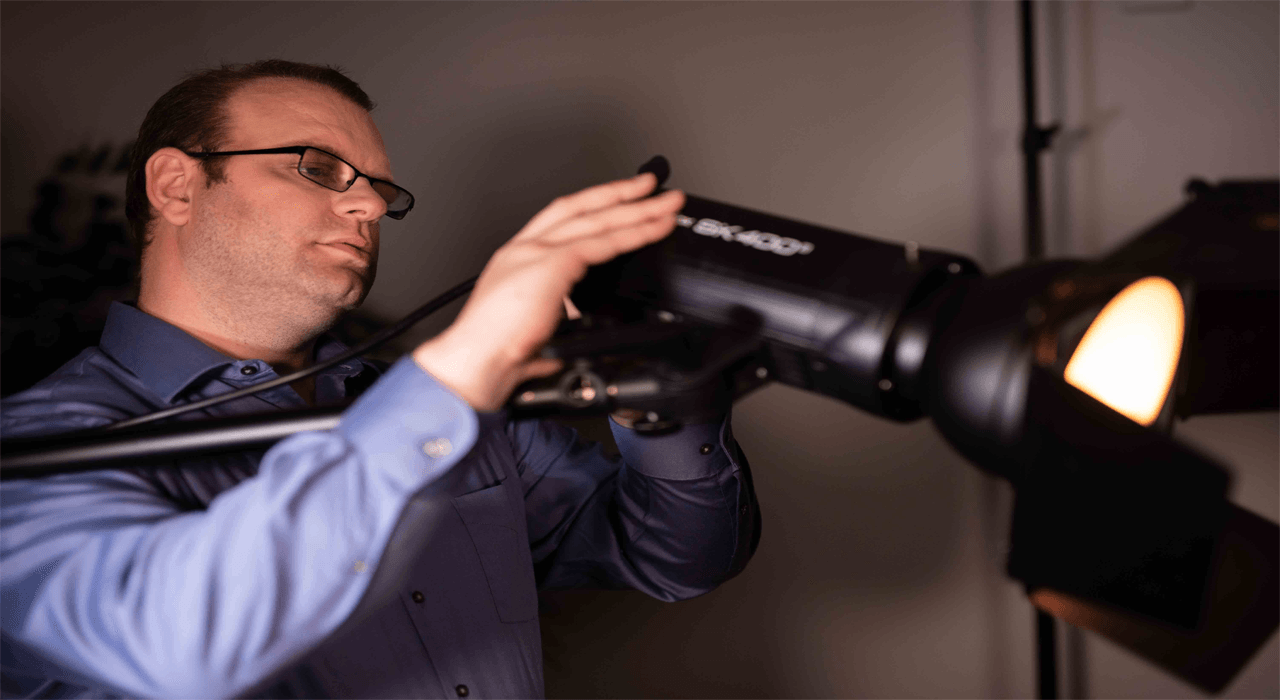We caught up with the brilliant and insightful Jonathan Thompson a few weeks ago and have shared our conversation below.
Jonathan, so great to be with you and I think a lot of folks are going to benefit from hearing your story and lessons and wisdom. Imposter Syndrome is something that we know how words to describe, but it’s something that has held people back forever and so we’re really interested to hear about your story and how you overcame imposter syndrome.
Imposter syndrome is something most people deal with, I have dealt with it several times when big deals have fallen through.
Was it me? What did I do wrong? Am I good enough for this? The self doubt and self questions just keep on and on. It can be very hard and it makes you want to give up.
My way of dealing with it is to sit myself down and repeat,
“Only a someone who doesn’t know, will not question themselves.”
I question myself constantly, but instead of self doubts, I redirect the questions:
Was it me? = How can I improve my presentation?
What did I do wrong? = What can I do differently next time?
Am I good enough for this? = You made it into the room, how can you stay there?
I have to remind myself, Imposters don’t get into rooms, imposters don;t finish scripts, imposters don’t doubt.
One of my old fight choreography friends once told me, the best people in the industry are still making it up as they go along, there is no magic formula or single way to move forward.
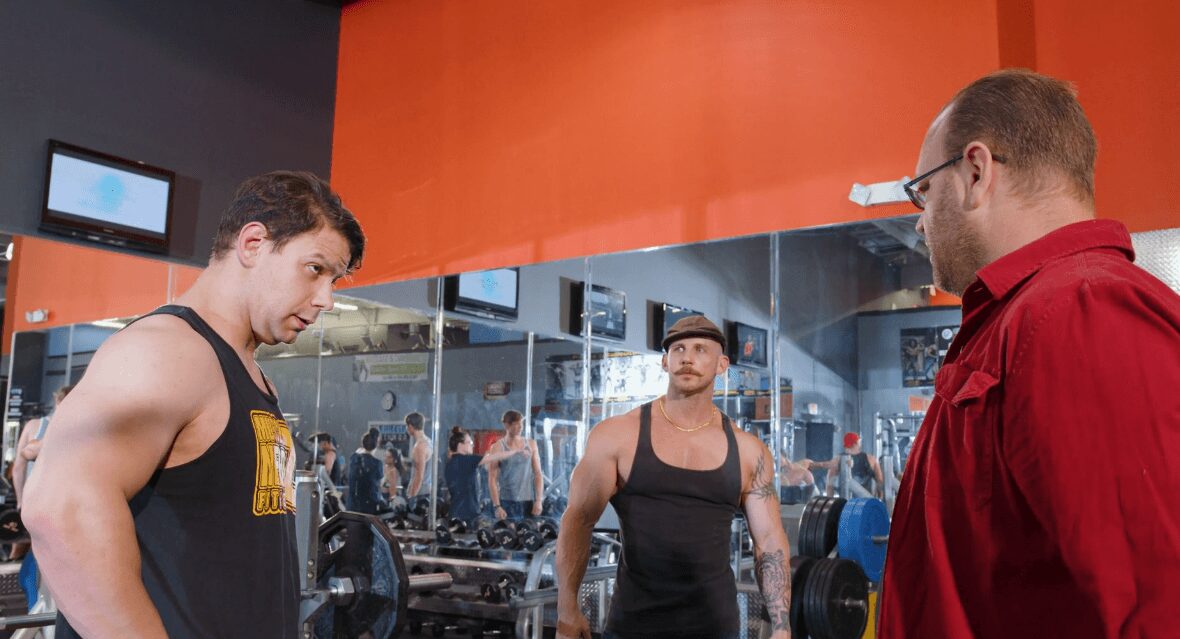
Thanks, so before we move on maybe you can share a bit more about yourself?
I started in the film industry as an anchor for a locally produced school news program and always looked at it as a secondary job/ hobby while working other jobs. I never took it seriously for the longest time, I just always eneded up back on film projects.
I started as a fight co-ordinator, then an actor and then a director. I eventually progressed to where I am now as Senior Vice President of Production finance because I was trying to fund my own projects and made a lot of connections in production and finance, I found myself spending less and less time behind the camera and more and more time helping other filmmakers find funding, or guiding them in how to tell a story, I was directing coach, an acting coach, a manager. The list goes on and on, everytime I shifted focus I would use the previous skills to help bring up someone else just starting where I had just left.
I find bringing other people up is a lot more gratifying than trying to force my own career to take a path I rigedly adhere to, the film industry is constantly evolving, what was stadard 10 years ago is no longer relevant so sticking doggedly to one path will end a career alost as quickly as it will start one.
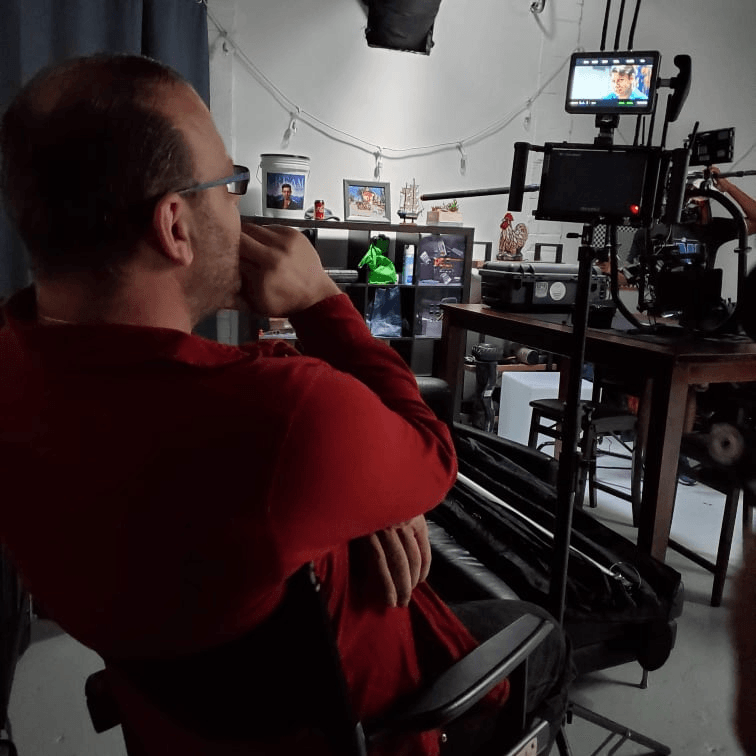
There is so much advice out there about all the different skills and qualities folks need to develop in order to succeed in today’s highly competitive environment and often it can feel overwhelming. So, if we had to break it down to just the three that matter most, which three skills or qualities would you focus on?
My three biggest skills are probably my ability to think on my feet, problem solving in seconds. As a director and producer these skills are invaluable because being on a live set means there are a lot of moving parts and you have to be able to adapt and incorporate things you never expected or planned for.
My ability to talk to anyone, is my second greatest skill. I have drank with billionaires and homeless folks alike, they are all people with amazing stories to tell. From prince to peasent it doesn’t matter, everyone has a story and being abe to talk to anyone with equal respect and dignity will open more doors for you than anything lse on the planet.
My third greatest skill is probably my ability to read a room and change the focus of any meeting I am in. As a skill this is invaluable, you need to know when tensions are getting high and nerves are starting to fray, you need to be able to add a touch of humour to break up the tension but you need to know the correct type of humour to use. Being born and raised in England, I have a very dry sense of humour which does not always go over well with international colleagues, being able to adjust and bring everyone to the same level is essential for collaboration.
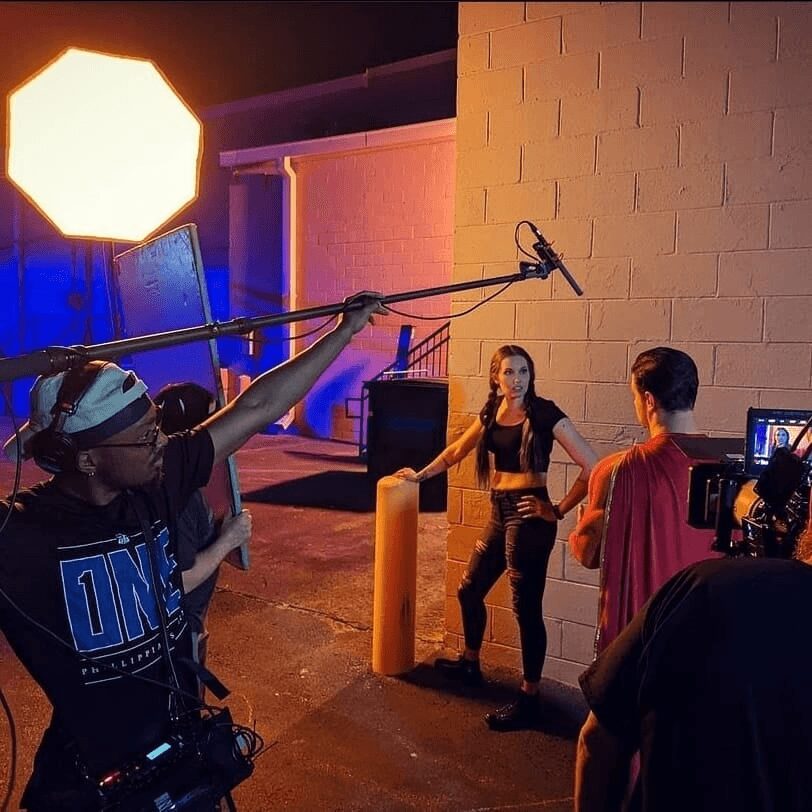
Alright, so before we go we want to ask you to take a moment to reflect and share what you think you would do if you somehow knew you only had a decade of life left?
Since 2019 I have had several minor strokes which effect the speach centers of my brain and at times have seen me completely non verbal in my communication skills. Being a very upfront about it when having conversations allows me time to think when giving presentations. The pauses caused by the difficulties communicating can be a very powerful tool when trying to get everyone on the same page, people often get on my wavelength quickly and start seeing things the ay I want to present them, my difficulty almost forces them to see things my way. which makes pitching a lot easier.
Contact Info:
- Website: https://www.jonathanthompson.org
- Linkedin: https://www.linkedin.com/in/jonathan-thompson-2b2049192/
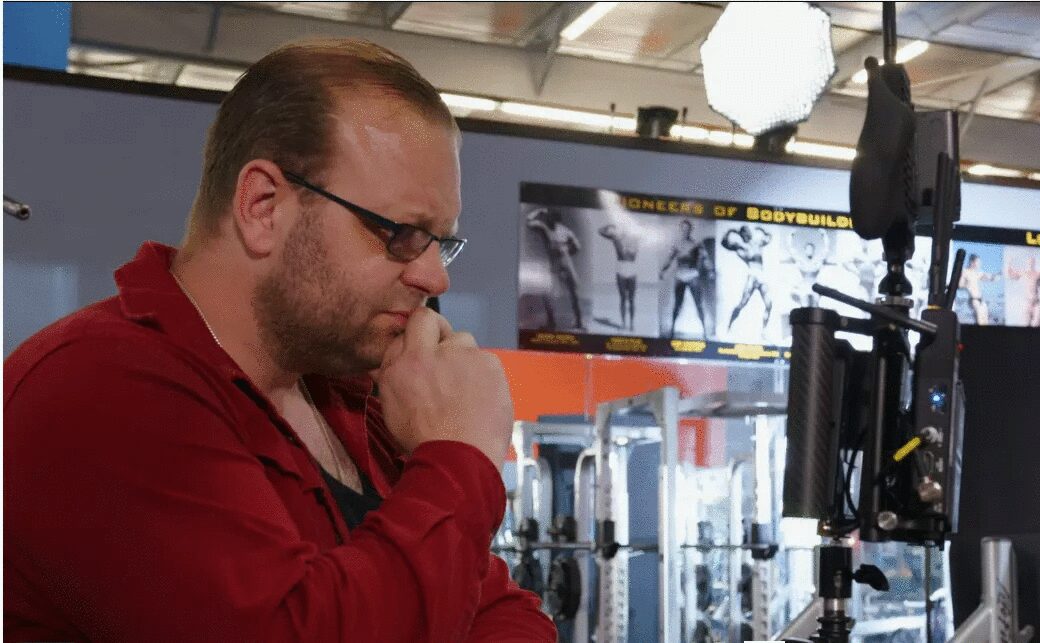

so if you or someone you know deserves recognition please let us know here.

